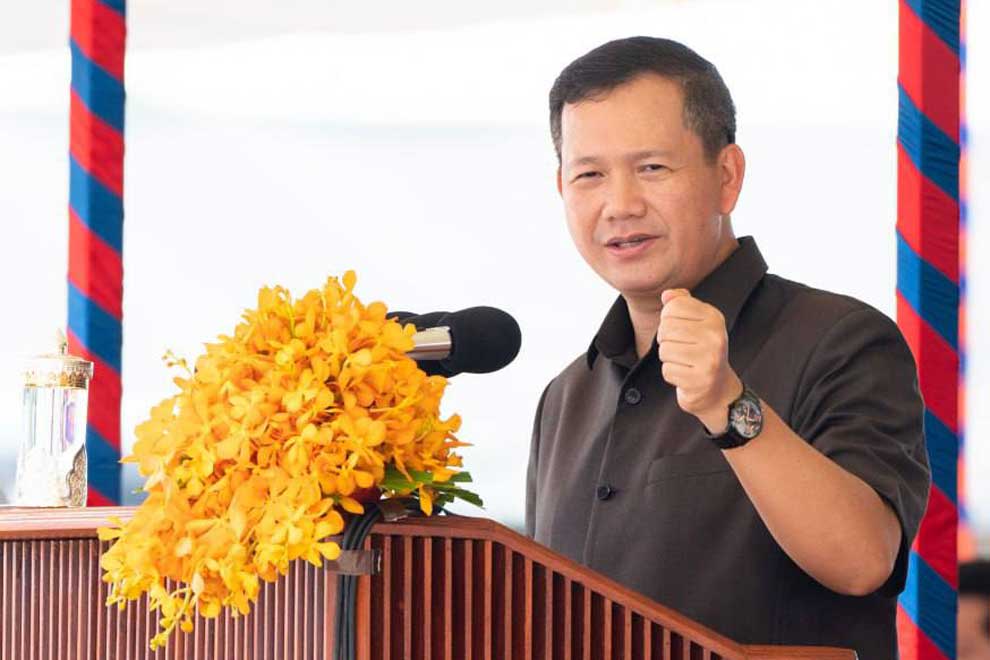
Japanese students use ground penetrating radar at Koh Ker temple complex in Preah Vihear province on December 20. NAPV
In collaboration with Japan’s National Institutes for Cultural Heritage (NICH), six students are conducting research using ground-penetrating radar (GPR) at the Kork Dei Chhnang ancient ceramic kiln near the remote Koh Ker temple complex in the northern province of Preah Vihear, which shares its border with Thailand. Their aim is to pinpoint the exact location for future excavation.
Phin Samnang, director of the Preah Vihear National Authority’s (PVNA) Department of Research, Training and Documentation, said on December 24 that the research on the ancient kiln commenced in 2019 under PVNA’s technical officer’s guidance. Subsequently, the Japanese expressed interest in this initiative.
In 2020, Yukitsugu Tabata, director of the NICH at Waseda University, formalised this collaboration by signing a memorandum of understanding (MoU) with PVNA to streamline the excavation of the site.
He shared that Japanese professor Tabata will lead the students in exploring the excavation of the ancient site, employing a scanner to examine underground archaeological remains and easily identify locations for future digs. This marks the third occasion a Japanese professor has led students to Cambodia for such studies.
“Their research aims to delve into ancient pottery production, with a particular focus on understanding the structure and size of the kilns in the Koh Ker area,” he said.
Samnang noted that using GPR makes it easier to pinpoint an exact excavation location. Therefore, PVNA and the Japanese team record and photograph the sites for analysis, planning to resume the work next year. This research isn’t a one-year task; it requires time for thorough analysis and interpretation of the excavations.
“We’ll carefully register the artefacts from the excavations for in-depth research, categorising the types of pottery and other discoveries. A comprehensive report for next year’s work is in the pipeline,” he said.
Samnang noted that simultaneous discoveries at each excavation site hold significant importance. In heritage areas, excavations are restricted, allowing sites to be excavated only after thorough research and observation by experts.

























